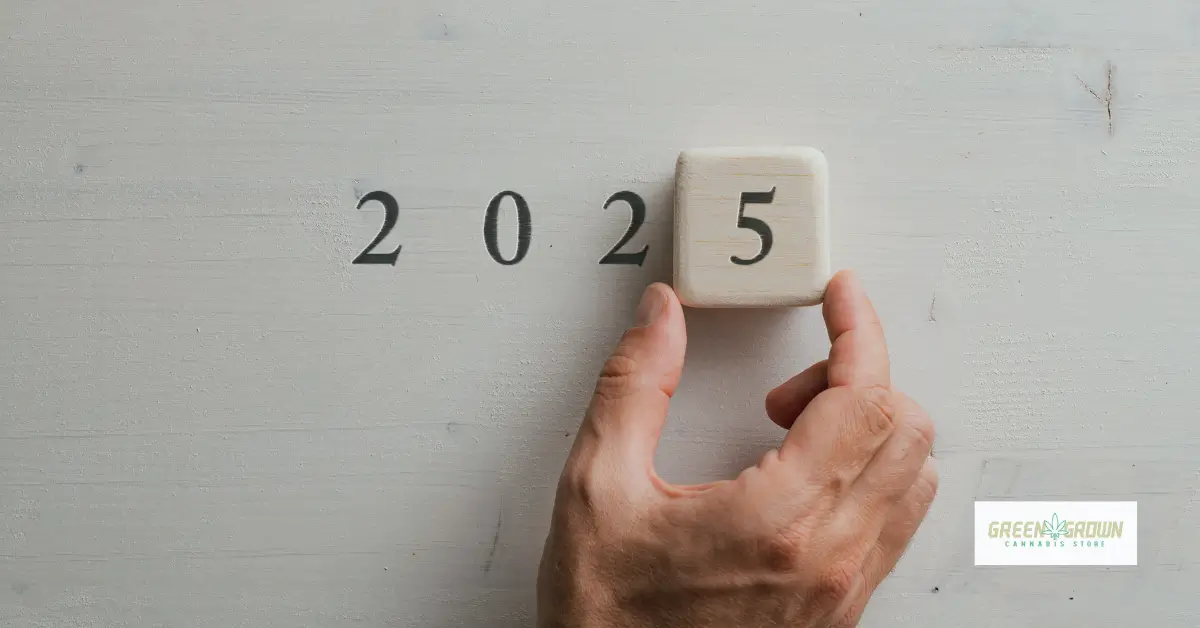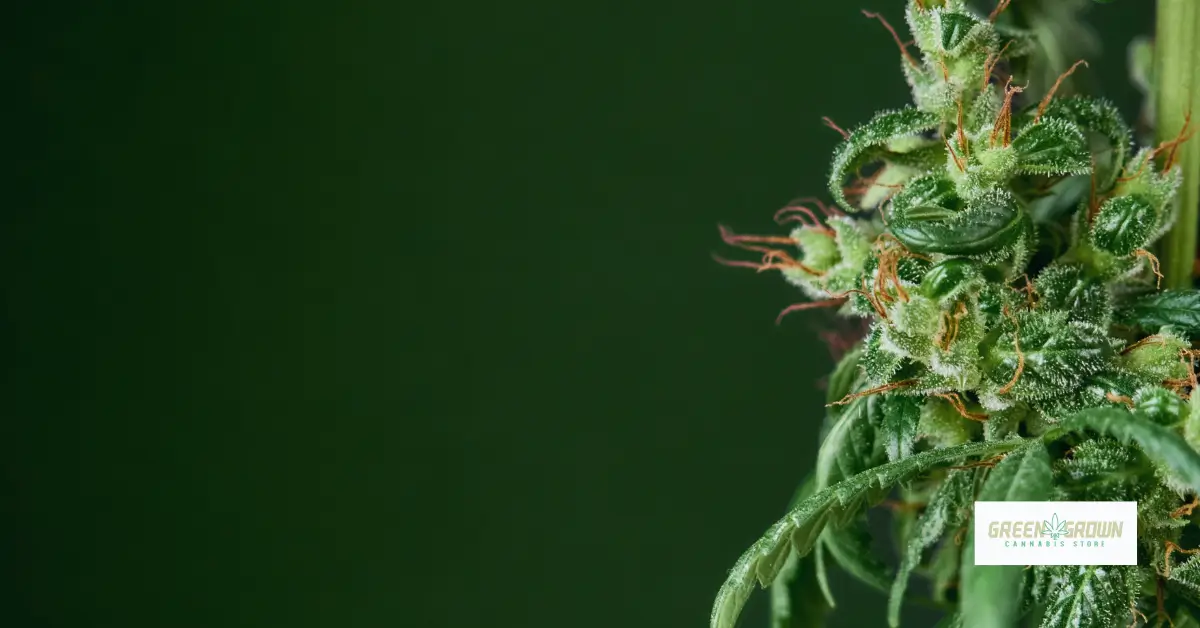

THC (tetrahydrocannabinol), the main psychoactive component of cannabis, has addictive properties that can be both physical and psychological. Although cannabis is often considered a relatively harmless drug, THC's addictive mechanisms can lead to dependence that is difficult to break. This article discusses the ways THC causes addiction, its physiological effects, and Belgian statistics on THC addiction.
THC addiction can be defined as a pattern of problematic cannabis use that leads to significant impairment or stress in daily life. Users who are dependent on THC often have difficulty controlling their use, experience strong urges to use (cravings), and continue to use THC despite negative consequences for their health, social relationships, and work or school performance. Symptoms of THC addiction include increased tolerance, withdrawal symptoms such as irritability and insomnia, and the inability to stop using despite negative consequences.
Although THC is often seen as less addictive than substances such as nicotine or opioids, the risk of addiction is significant. About 9% of cannabis users develop a dependency, and this percentage increases among those who start at a young age or use daily. Compared to other addictive substances, THC has a unique effect on the endocannabinoid system, providing a different mechanism of addiction than, for example, alcohol or tobacco. Read more about the interaction between THC and other drugs here.
The endocannabinoid system is a biological system in the body involved in regulating mood, appetite and pain, among other things. THC binds to CB1 receptors in the brain, which are normally activated by the body's own endocannabinoids. This causes disruptions in normal brain functions, such as the reward system, causing feelings of euphoria. Frequent use of THC changes the way the endocannabinoid system works, which can contribute to the development of dependence.
A key mechanism behind addiction is the activation of the reward system in the brain. THC increases the release of dopamine, a neurotransmitter responsible for the feeling of reward and pleasure. After long-term use, the brain can become less sensitive to dopamine, so the user needs more and more THC to achieve the same euphoric feeling. This reinforces the addiction process, where the user becomes dependent on THC to feel good.
Certain genetic variants can affect the way the reward system responds to THC, which can increase the likelihood of addiction. For an in-depth overview of genetic factors affecting THC addiction. Read more about the genetic predisposition of THC addiction.
With regular use of THC, the body can develop tolerance, meaning that larger and larger amounts are needed to achieve the same effect. This happens because the CB1 receptors in the brain become less sensitive to THC, a process known as downregulation. Users who build up tolerance may have difficulty quitting because they are used to the high doses of THC.
Dependence can be both physiological and psychological. Physiological dependence occurs when the body becomes accustomed to the constant presence of THC, leading to withdrawal symptoms such as insomnia, decreased appetite, and irritability when quitting. Psychological dependence can manifest as a strong urge to use THC to reduce stress, anxiety or other negative emotions.
According to the most recent data from Sciensano, about 2.3% of the Flemish population between the ages of 18 and 64 use cannabis regularly. Of these users, about 25% have tried to quit in the past year, indicating possible dependence. In addition, 23.9% of regular users indicate their intention to quit cannabis in the next year. These figures show that although cannabis use is widespread, a significant proportion of users face addiction-related problems.
Adolescents and young adults are among the highest risk groups for developing THC dependence. Studies show that early exposure to cannabis, particularly before age 18, significantly increases the risk of addiction. Belgian data also suggest an increased risk among people with underlying mental disorders, such as anxiety disorders and depression, or a genetic predisposition to addiction.
THC's mechanisms of addiction are complex and affect both the brain and the body. Although THC is often considered less addictive than other drugs, its use can lead to severe dependence, especially in regular users and adolescents. The endocannabinoid system plays a central role in the development of addiction, with tolerance and dependence developing gradually as use increases. Belgian statistics show that a significant number of cannabis users struggle to quit, highlighting how real the risks of addiction are. Early intervention and awareness are crucial to prevent occasional use from developing into dependence.
Who is Green Grown and what do we stand for?
At Green Grown, we believe in the power of cannabis to support a healthy and conscious lifestyle, with a focus on quality, transparency and sustainability. We help people discover the benefits of CBD without the risks associated with THC use.
Our mission is to integrate THC-free cannabis into a conscious and healthy lifestyle. Join our community and help transform perceptions of cannabis.
Cannabis flowers cannot be sold online. So you can't find cannabis flowers in our online store but you will find plenty of quality CBD products such as CBD oil, CBD for pets, CBD cosmetics and more.
If you are looking for cannabis flowers, we recommend visiting one of our 6 concept stores or going to one of our cannabis distributors near you. Learn more about our concept stores.





